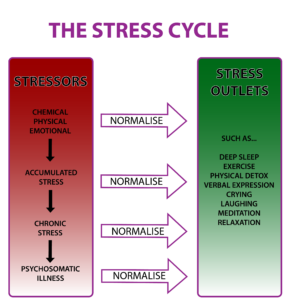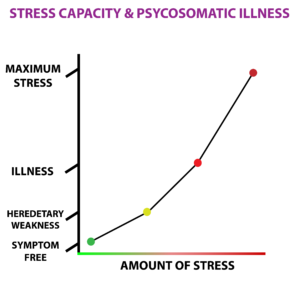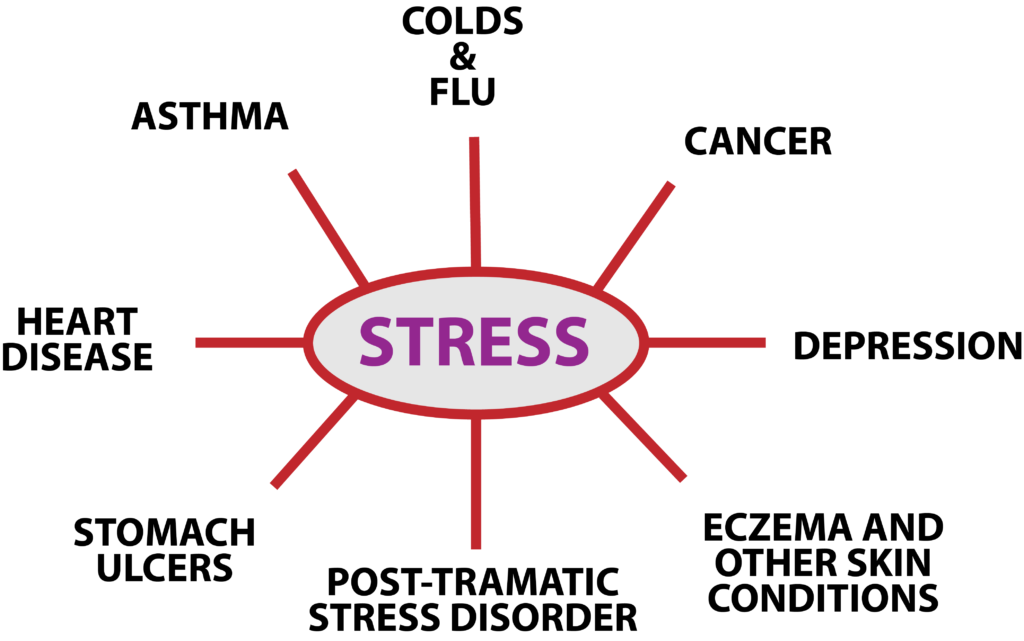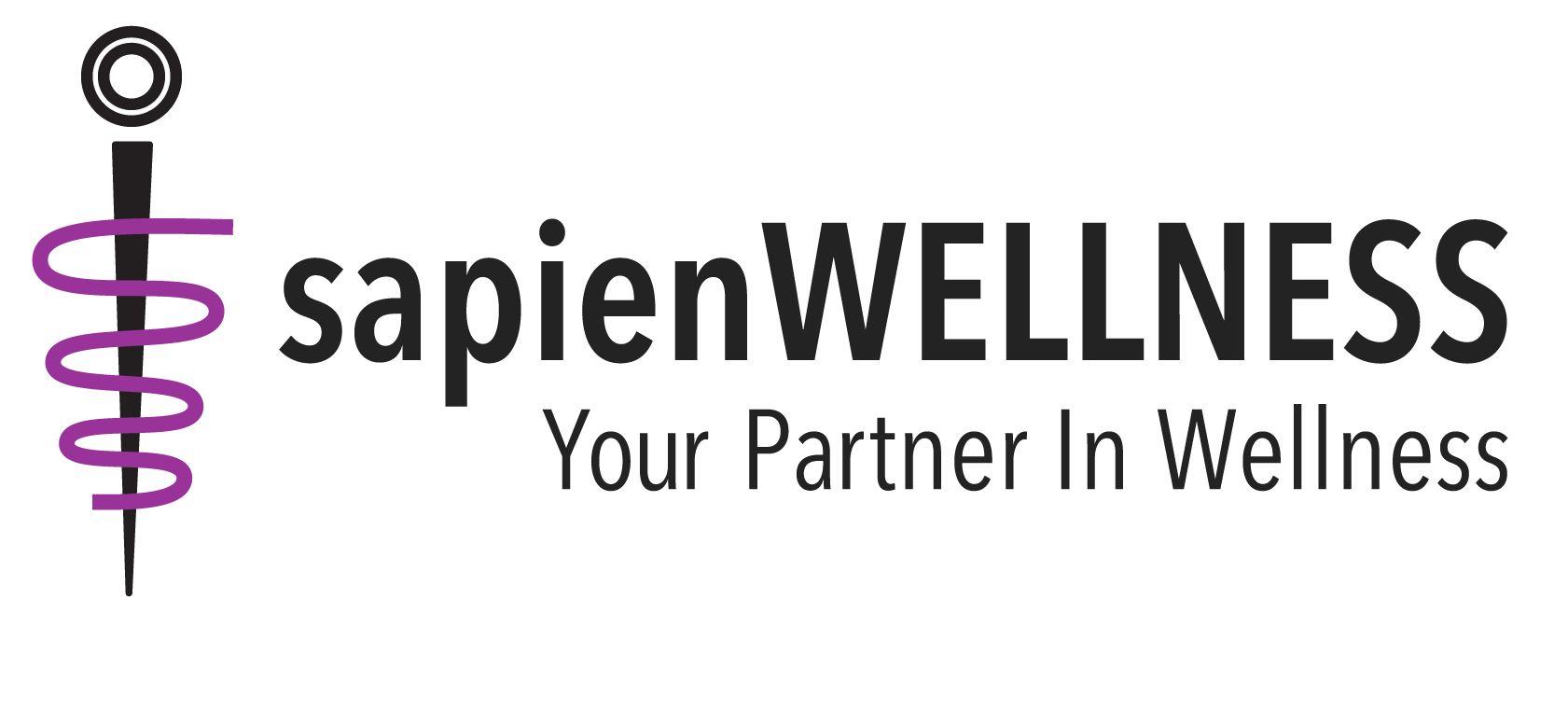Why We Do It
According the Centers for Disease Control and Prevention, “When job stress is high due to heavy demands and pressures or in response to a traumatic event, your body and mind can experience the “flight or fight” response. Your job performance and health may decline if your job stress is very high or lasts a long time.
Stress reduction only comprises approximately 2% of the corporate wellness industry. Smoking cessation and weight loss make up 28% of the corporate wellness industry, and these two areas are the ones most often associated with hypnotherapy. However, there are more applications of hypnotherapy in wellness programs than smoking cessation and weight loss, including stress reduction.
“Return on Investment for wellness programs ranges from $1.26 to $5 per dollar spent through health improvement and reduction in absenteeism and workman’s compensation claims, increase employee satisfaction, presenteeism, employee retention, and even employee overall life expectancy.”
Stress reduction with hypnotherapy activates the parasympathetic part of the nervous system, which results in perceived safety that in turn leads to enhanced health; optimal immune and digestive function. Stress reduction has been reported to increase job satisfaction and organizational commitment (Pignata, S, Winefield, AH. Stress-reduction Interventions in an Australian University: A Case Study, Stress Health, 2013 Jul 23. DOI: 10.1002/smi2517).
The Importance of Self-Hypnosis in Reducing Stress
Self-hypnosis strengthens the response of the parasympathetic autonomic nervous system, boosts higher mind problem solving functions and quickly alleviates stress. Hypnosis combined with calming imagery is an effective way of rapidly stimulating the vagus nerve which originates in the brain as cranial nerve ten. It then travels from the neck to affect the heart, lungs, digestive system, liver, spleen and pancreas. This nerve is a major player in the parasympathetic nervous system, which is the ‘rest and digest’ part (opposite to the sympathetic nervous system which is ‘fight or flight’).



Hypnotherapy has also been shown to save approximately $772 per patient undergoing breast biopsy (A Randomized Clinical Trial of a Brief Hypnosis Intervention to Control Side Effects in Breast Surgery Patients JNCI, 2007 99(17):1304-1312. Montgomery, GH, Bovbjerg, Schnur, JB, David, D, Goldfarb, A, Weltz, CR, Schechter, C,Graff-Sivan, J, Tatrow, K, Price, DD, Silverstein, JH.
Studies have shown that stress reduction with modalities such as hypnotherapy can increase adherence to prescribed treatments (Moskowitz, L, Psychological management of postsurgical pain and patient adherence, (Hand Clin 1996 Feb;12(1):129-37).


